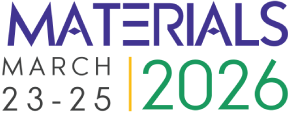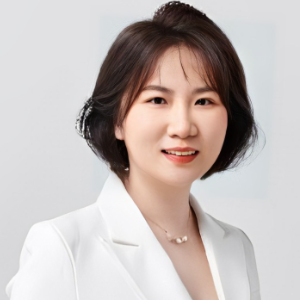Title : Harnessing chemical reaction networks for programming living materials
Abstract:
Dissipative self-assembly refers to the phenomenon in which molecules or objects, operating under conditions far from equilibrium, organize themselves into structured arrangements or patterns by expending energy and generating waste. This process is prevalent in the natural world, particularly within biological systems like the creation of cellular frameworks and the process of cell division, both of which rely on dissipative self-assembly mechanisms. Furthermore, scientists have started to leverage the principles of dissipative self-assembly in the development of novel functional materials and intelligent systems within artificial materials and setups. Consequently, the exploration of dissipative self-assembly holds significant importance, as it aids in comprehending intricate phenomena in the natural realm and paves the way for the advancement of innovative materials and technologies. In this presentation, I will introduce an inventive design for a straightforward dissipative self-assembly system. This system possesses the capability to transition between two distinct assembly structures, namely fibers and vesicles, by introducing chemical fuels. I will also illustrate its practical applications in the delivery of hydrophobic drugs into cells.
Audience Take Away Notes:
- The potential to revolutionize drug delivery methods, ultimately benefiting healthcare by providing more effective and targeted delivery of drugs, potentially leading to better patient outcomes and reduced side effects
- How utilizing dissipative self-assembly principles can improve the accuracy of designs in various fields. By harnessing this phenomenon, designers can create materials and systems with greater precision and control
- How this inventive system can provide a practical solution to problems related to drug delivery, simplifying the process and potentially making designers' jobs more efficient. It offers a novel approach to address drug solubility and targeting challenges



